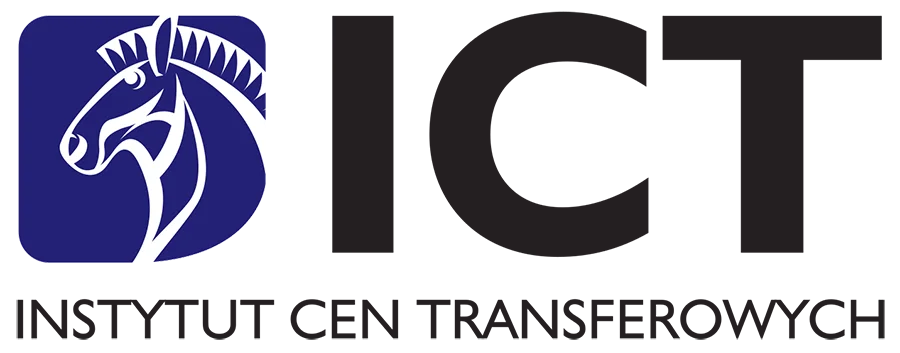On December 22, 2021. The European Commission presented a draft Directive[1] designed to prevent shell entities from unauthorizedly reducing or avoiding tax liabilities through international arrangements contained in double tax treaties.
The aim is to prevent shell companies from unauthorized reduction or avoidance of tax liabilities through international regulations contained in double tax treaties.
As explained by the European Commission, shell companies are often used for aggressive tax planning or tax evasion. Companies may direct financial flows through shell entities to jurisdictions with no or very low taxes or where taxes can be easily circumvented. Similarly, some individuals may use shell companies to shield assets – especially real estate – from taxes, both in their country of residence and in the country where the property is located.
The draft Directive proposes that the tax authority in whose territory the shell entity is established will refuse to issue a certificate of tax residence or will, when issuing such a certificate, stipulate that the entity is not entitled to the benefits of double tax treaties.
The verification of the criterion of actual conduct of business will include examination of the presence of three premises:
-
- more than 75% of the revenue earned by the company in the previous two tax years constitutes so-called relevant income
- the company conducts cross-border activities on one of the following bases:
- more than 60% of the book value of the company’s assets constituting relevant income (points 3 to 6 indicated below) was located outside the company’s member state in the previous two tax years.
- at least 60% of the firm’s substantial income is earned or paid through cross-border transactions
- in the previous two fiscal years, the company outsourced management day-to-day operations and decision making regarding significant operations.
The draft Directive indicates that material income will include:
- Interest or any other income derived from financial assets, including cryptocurrency assets,
- Royalties or any other income generated from intellectual or intangible property or tradable permits;
- Dividends and income from the disposal of shares;
- Income from financial leasing,
- Income from immovable property,
- Income from movable property, other than cash, shares or securities, held for private purposes and with a book value of more than one million euro,
- Income from insurance, banking and other financial activities,
- Income from services which the undertaking has outsourced to other associated enterprises.
The verification of entities is also to include an examination of the assets and personnel substrate including, for example, proof of possession of own business premises, bank accounts in the territory of the EU and the fact that the entity’s employees are resident for tax purposes in the company’s Member State, or live at no greater distance from that Member State insofar as such distance is compatible with the proper performance of their duties. The entity will also be under an obligation to demonstrate the qualifications of its management personnel.
The draft Directive also contains a catalog of exemptions for, among others, entities whose shares are traded on a stock exchange or quoted on a regulated market.
[1] Proposal for a COUNCIL DIRECTIVE laying down rules to prevent the misuse of shell entities for tax purposes and amending Directive 2011/16/EU, Brussels, 22.12.2021 COM(2021) 565 final 2021/0434 (CNS)
Author: Michał Mika – Senior Tax Consultant


